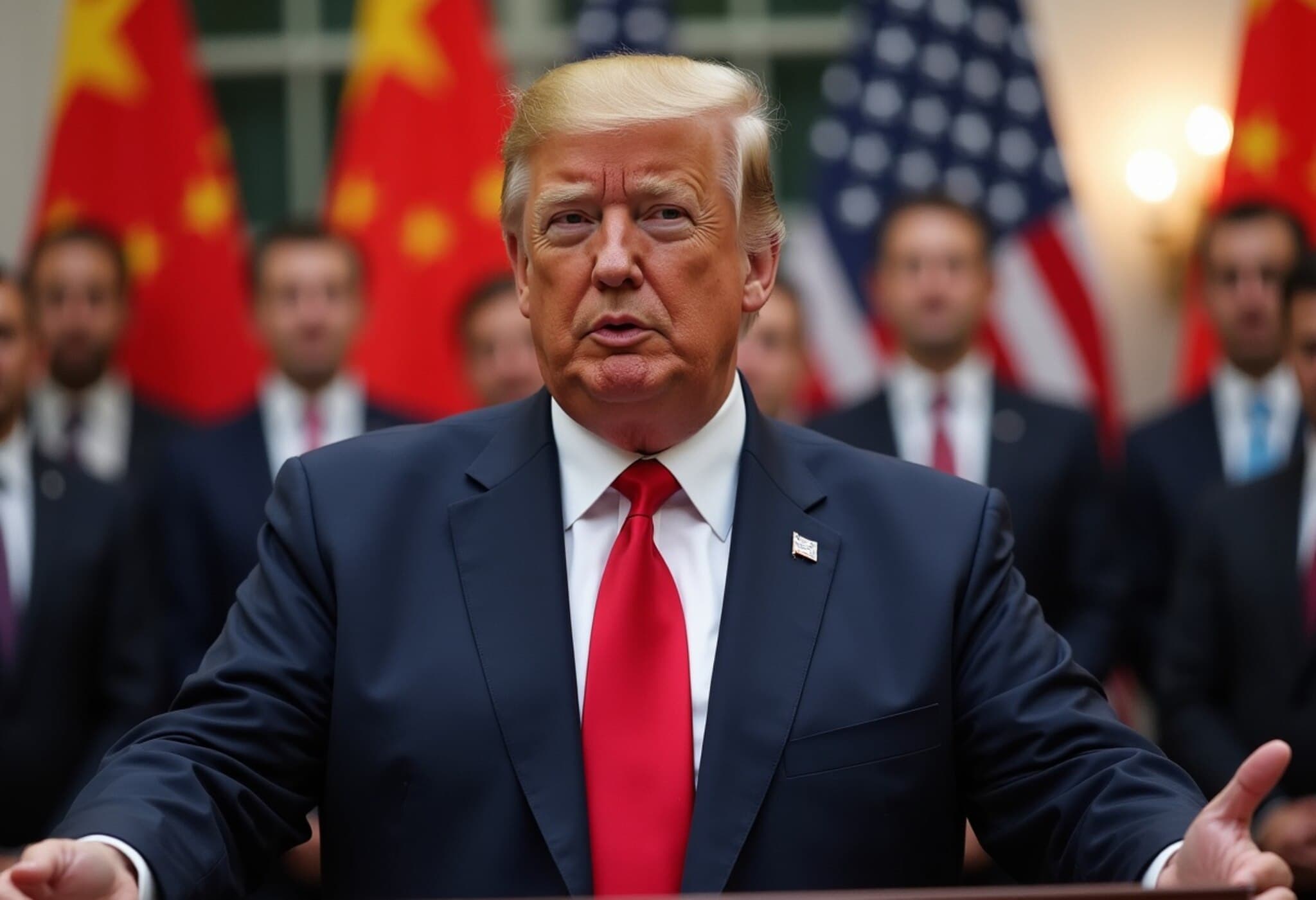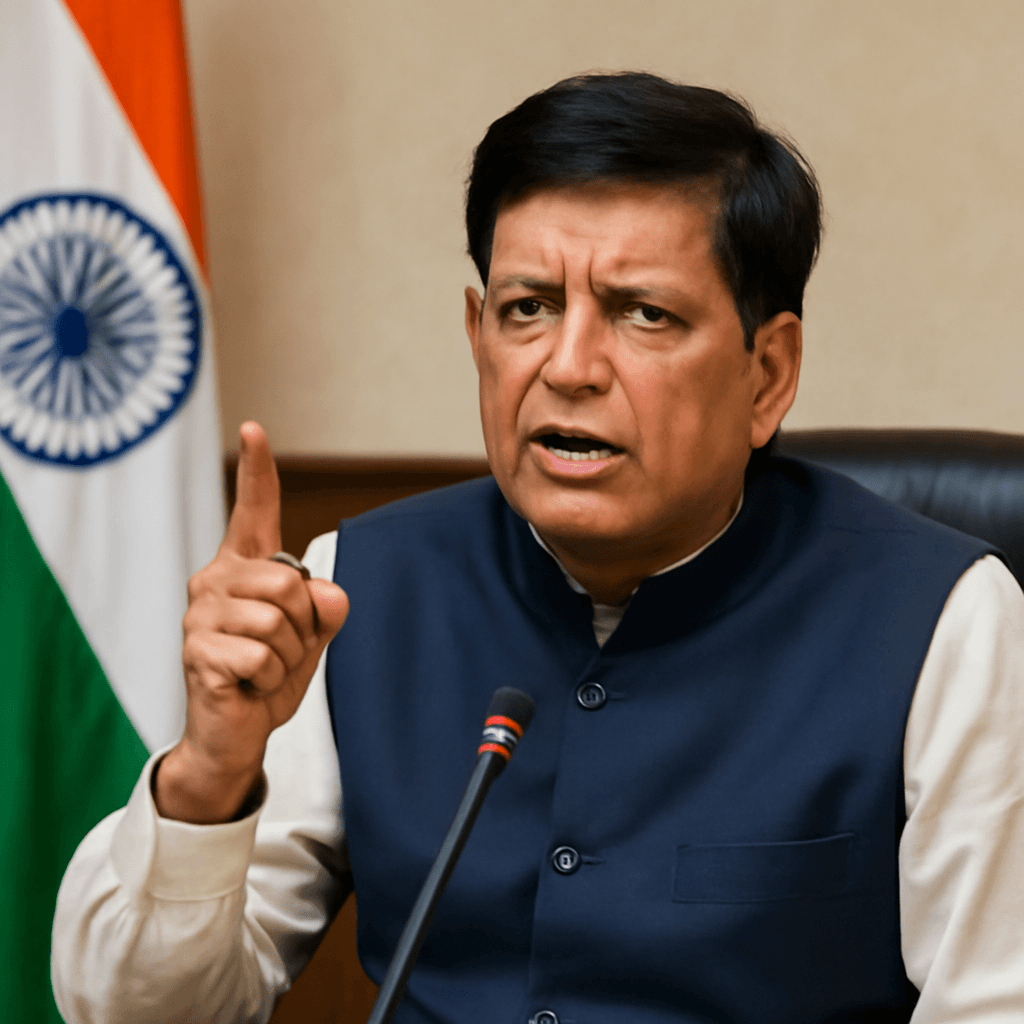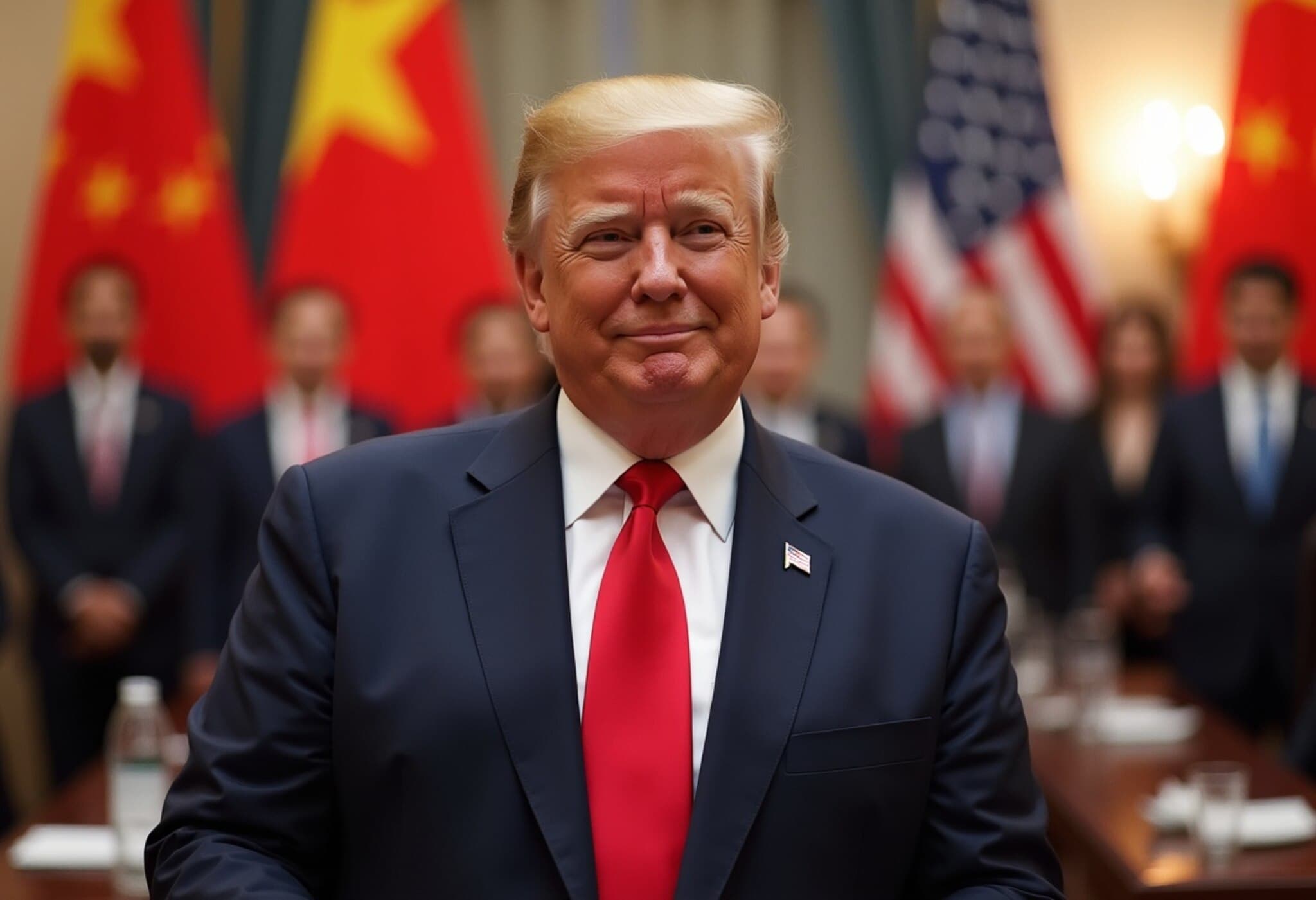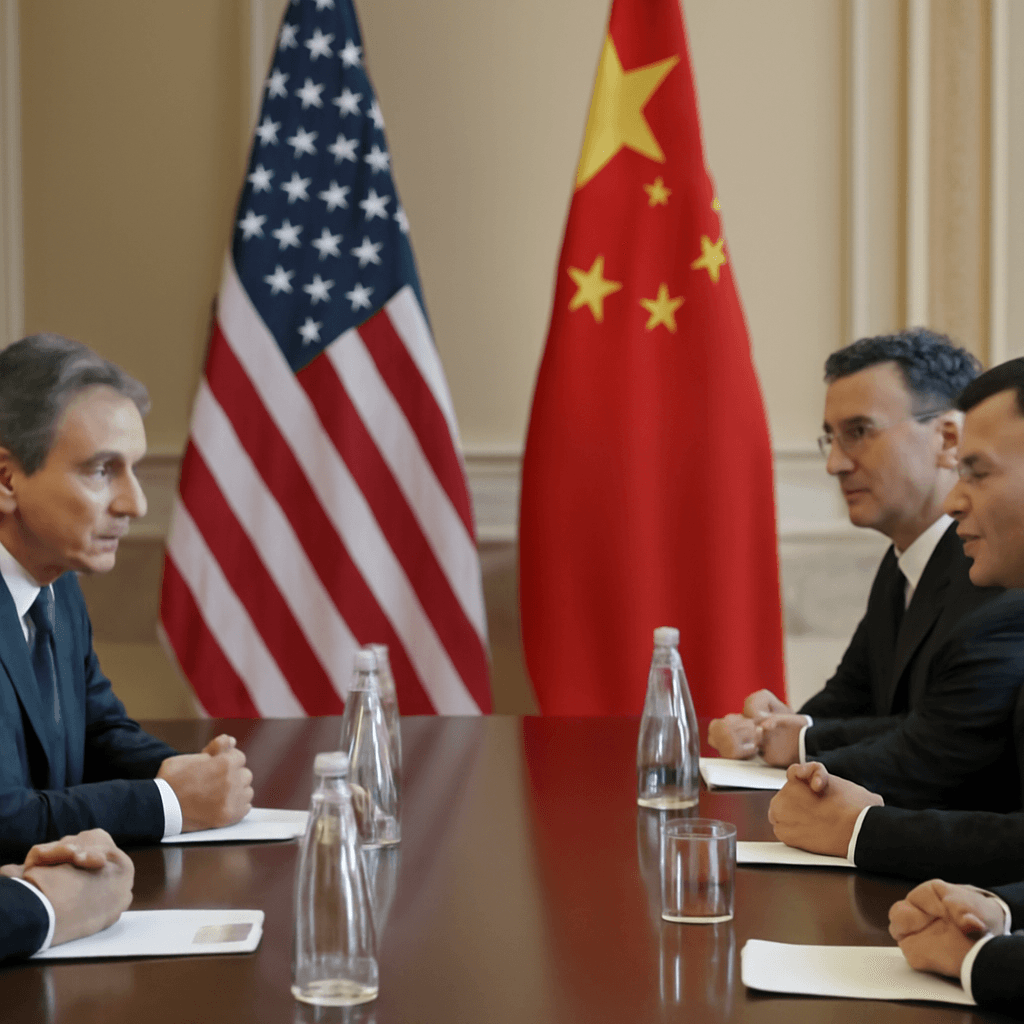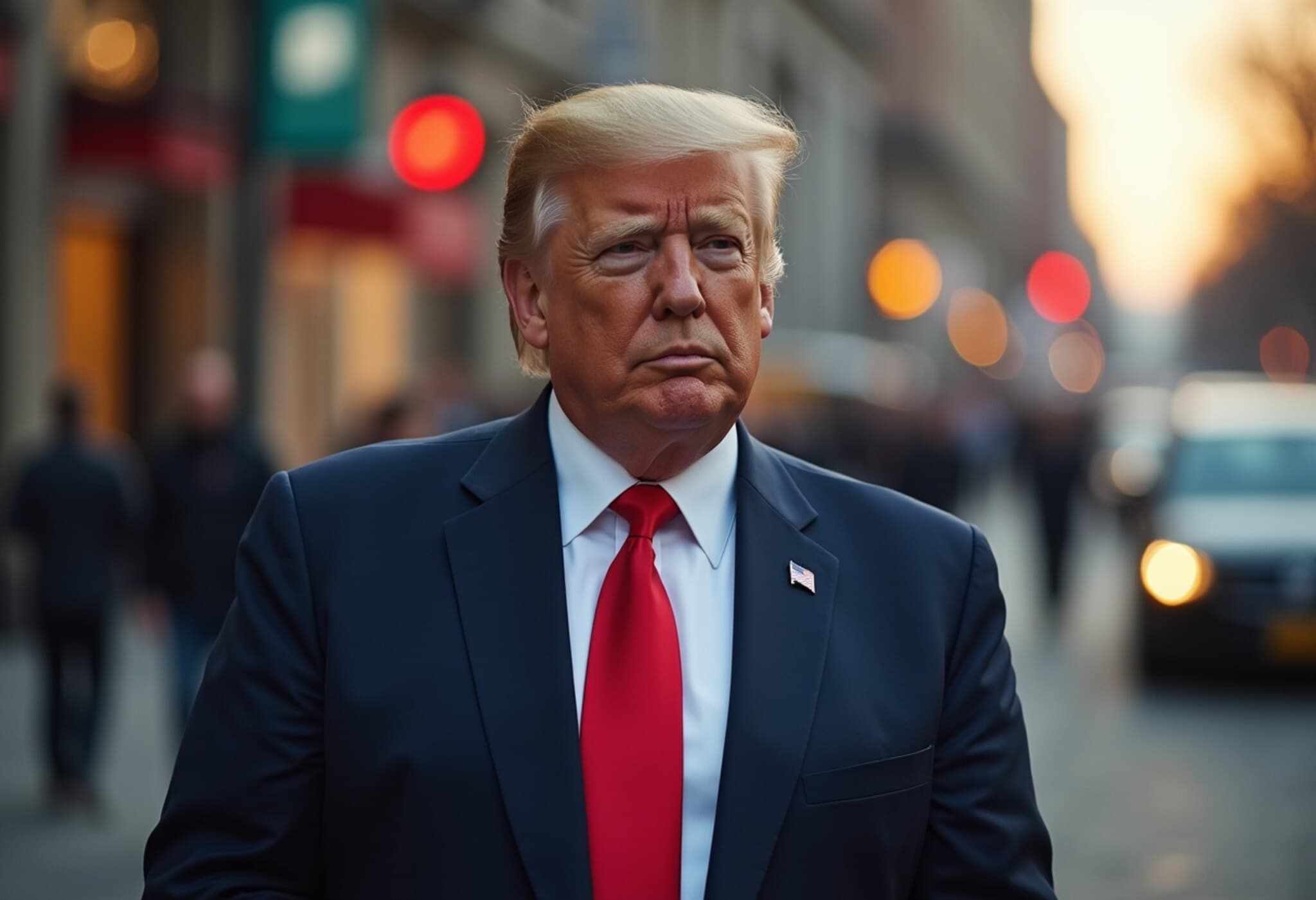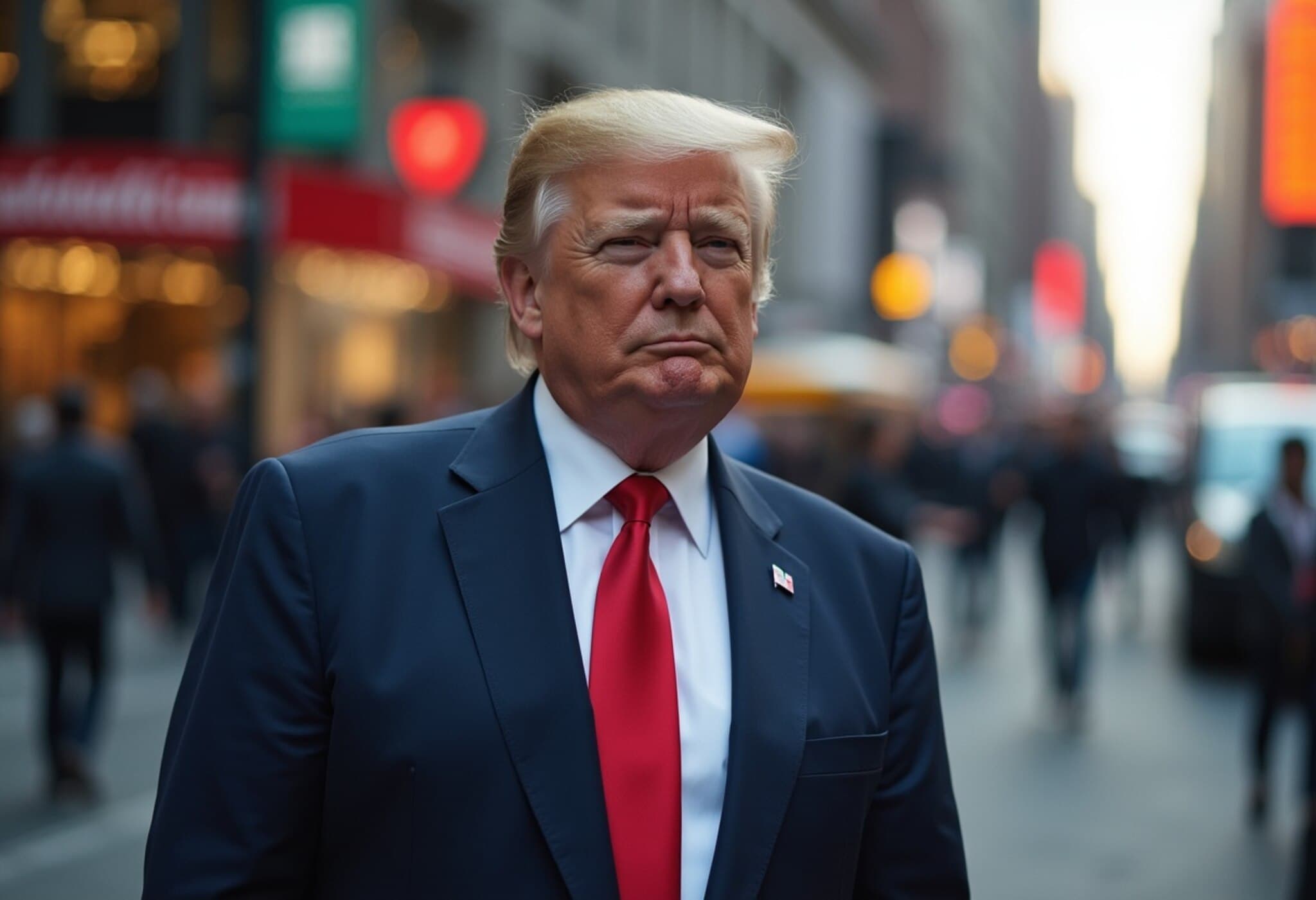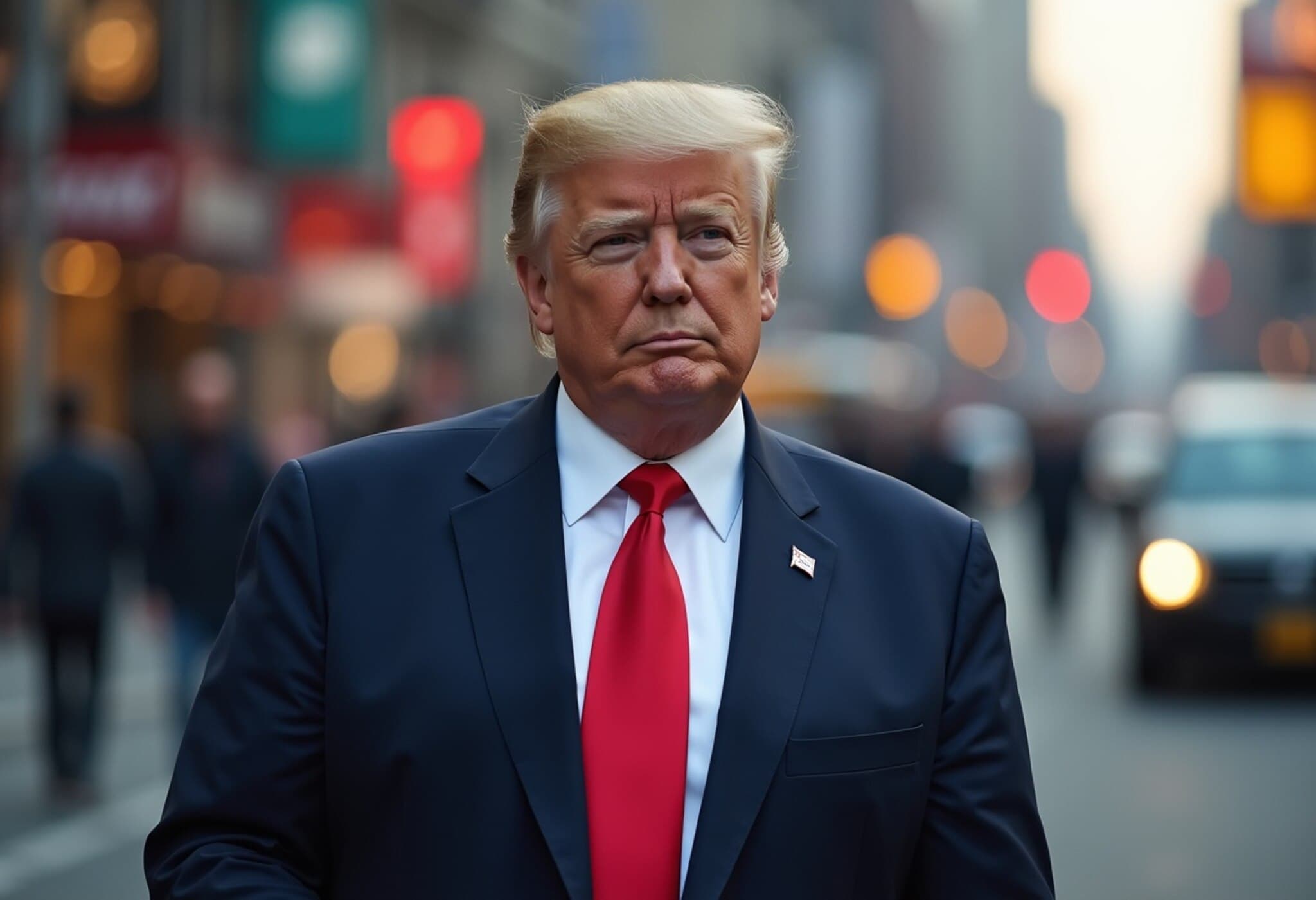Trump Declares China Will Supply Rare Earths Upfront in Trade Pact
U.S. President Donald Trump confirmed on Wednesday that China will provide magnets and all necessary rare earth elements upfront as part of a new trade agreement between the two nations. Taking to his social media platform, Trump described the state of U.S.-China relations as "excellent" and touted the agreement as a major win for both countries.
Details of the Agreement and Economic Implications
According to Trump, the United States will maintain 55% tariffs, while China’s tariffs will be set at 10%. In exchange for the upfront supply of rare earths and magnets, the U.S. plans to ease restrictions by allowing more Chinese students to enroll in American universities. Trump emphasized that this deal awaits final approval between him and Chinese President Xi Jinping, but expressed optimism about expanding trade ties.
The breakthrough follows two days of high-level discussions in London, where officials from both sides outlined a framework to enforce the Geneva consensus and implement the presidents’ directives. U.S. Commerce Secretary Howard Lutnick and China’s trade representative Li Chenggang both acknowledged progress, signaling a thaw in recent tensions.
Background: Rare Earths at the Center of U.S.-China Trade Frictions
Rare earth elements – crucial components in automotive manufacturing and defense technologies – have been a flashpoint in the strained trade relationship. Earlier this year, China imposed export restrictions on these strategically important minerals as a countermeasure against U.S. tariff hikes on Chinese goods.
China dominates the global rare earth market, controlling roughly 60% of worldwide supply and nearly 90% of processing capacity. This monopoly has long been a strategic concern for U.S. officials, especially as the country pushes toward sustainable energy technologies that rely on these materials.
Market Reactions and Future Outlook
News of the trade agreement prompted an immediate reaction in commodity markets. Oil prices surged, with international crude futures for August delivery climbing by $1 to $67.87 per barrel, marking an approximate 1.8% increase for the session. Similarly, U.S. crude futures for July rose by 2.2%, settling at $66.42 per barrel.
This deal could signal a pivotal moment in stabilizing supply chains and easing recent trade war uncertainties that have rattled global markets, disrupted port operations, and escalated costs.
Looking Ahead
The agreement awaits final approval from Trump and Xi Jinping, but the framework lays the foundation for enhanced economic cooperation. As China commits to supply essential minerals upfront, and the U.S offers concessions in education and trade, both nations appear poised to recalibrate a relationship once marked by tit-for-tat tariffs and escalating tensions.
The stakes remain high, with critical minerals essential to modern technology and defense industries at the heart of this delicate negotiation. Stakeholders around the world will be watching closely as the two powers work toward a more stable trading environment.

